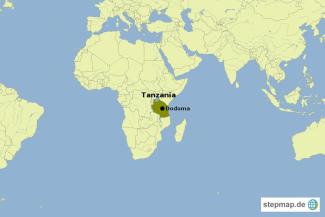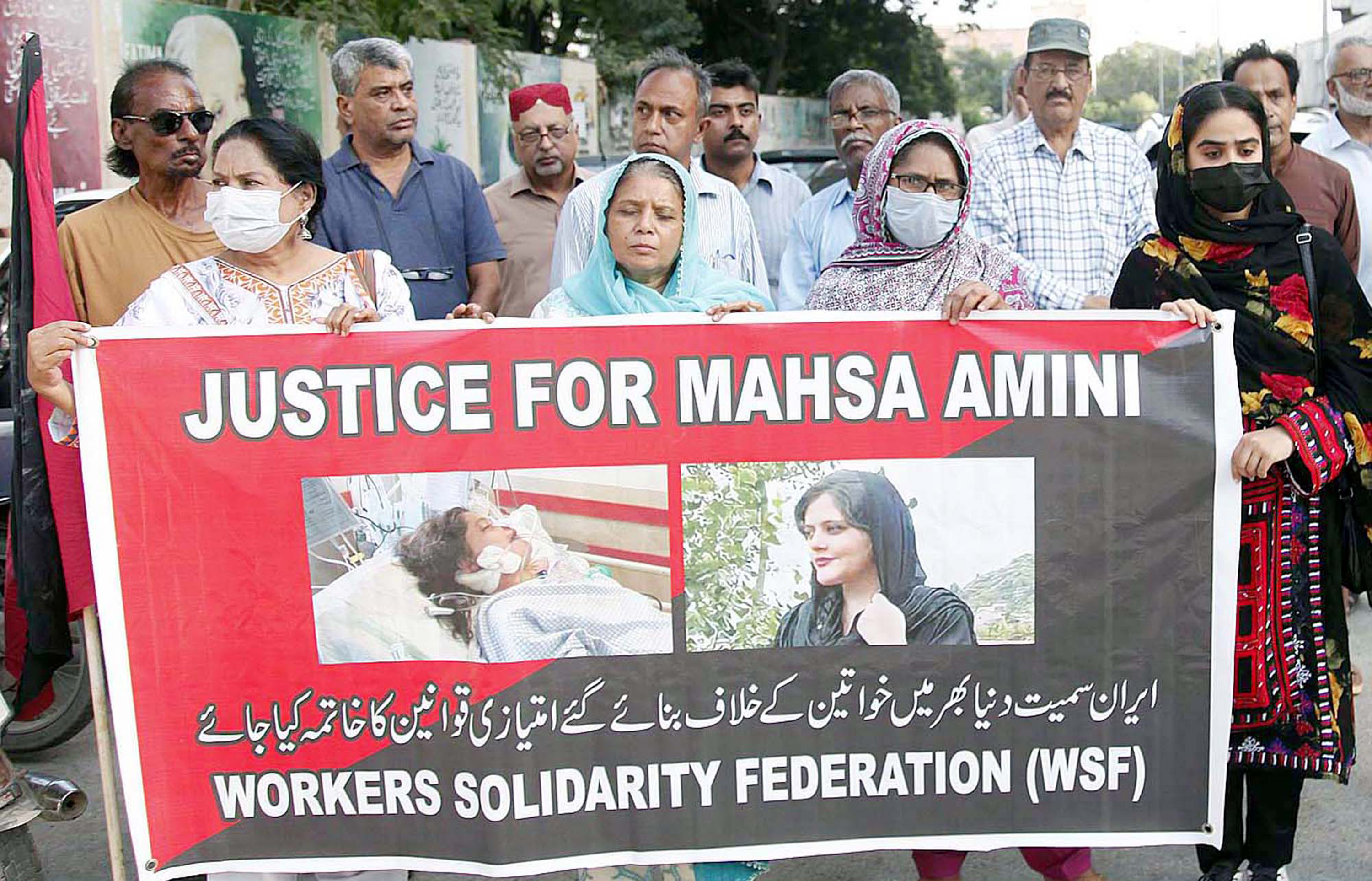Female Genital Mutilation
Lifelong harm

There are about 110 tribes in Tanzania. FGM is most common among the Maasai and Kurya of northern Tanzania. Their clans still consider FGM an important tradition, despite the efforts taken by the government in collaboration with local and international organisations to stop the harmful custom that subjects girls to pain and humiliation.
In December last year, more than 800 girls from nine Kurya clans suffered from this practice, Glorious Luoga, a district commissioner, says. “I call on all stakeholders to join hands with the government to fight against FGM.”
ually, elderly people in the community, who have been specially designated for this task, carry out female genital mutilation. They are paid a fee by the girl’s family. The procedure takes fifteen or twenty minutes depending on the sharpness of the knife. FGM is mostly carried out just before puberty. Old women argue that FGM is a rite of passage into womanhood which serves cultural values and maintains domestic stability. Men are not allowed to marry women who are not mutilated because it is believed that such women are “not polite” and “oversexed”.
Mzuri Juma of the Tanzania Media Women Association points out that, thanks to an amendment passed in 1998, the penal code specifically prohibits FGM. Anyone who is responsible for a girl under 18 years of age and causes her to undergo FGM is guilty of cruelty to children. The penalty is up to fifteen years in prison. The law, however, is not enforced among many rural communities.
Marry Musai, a gynaecologist at the Tarime District hospital, has set up a gender desk that will fight FGM. The Children’s Dignity Forum has similarly initiated a special education programme. Jane Mrema, who works for the Forum, says it “will help the people to understand the harmful effects of FGM.”
Among other things, the practice increases the risk of HIV/AIDS transmission. One reason is that the same blunt knives are used for a number of operations. Another is that the female sexual organs are damaged, so sexual intercourse can cause lacerations of tissues, which greatly increase transmission risks. That is also true when a women gives birth.
Ali Shaaban Juma is a journalist and lives in Zanzibar, Tanzania.
rafikifumba1@hotmail.com
Link
Children’s Diginity Forum (CDF):
http://cdftz.org/












